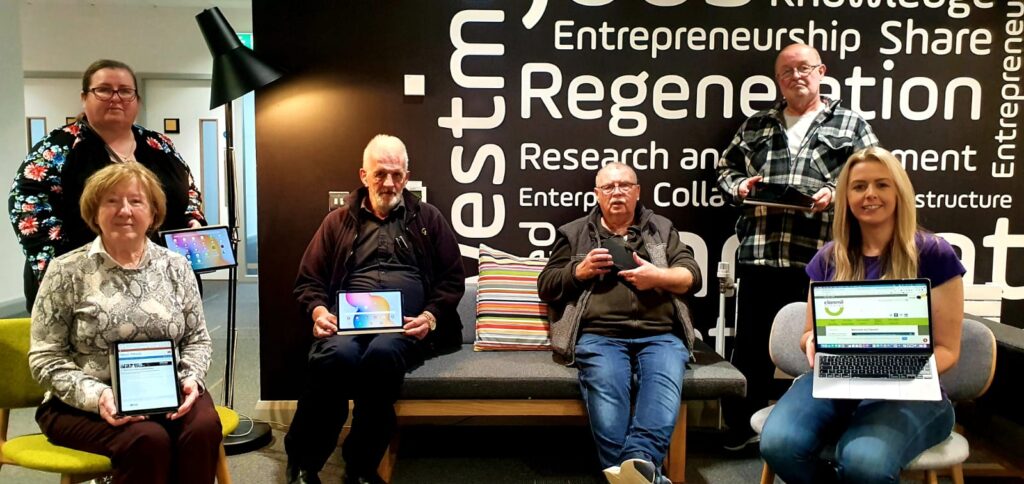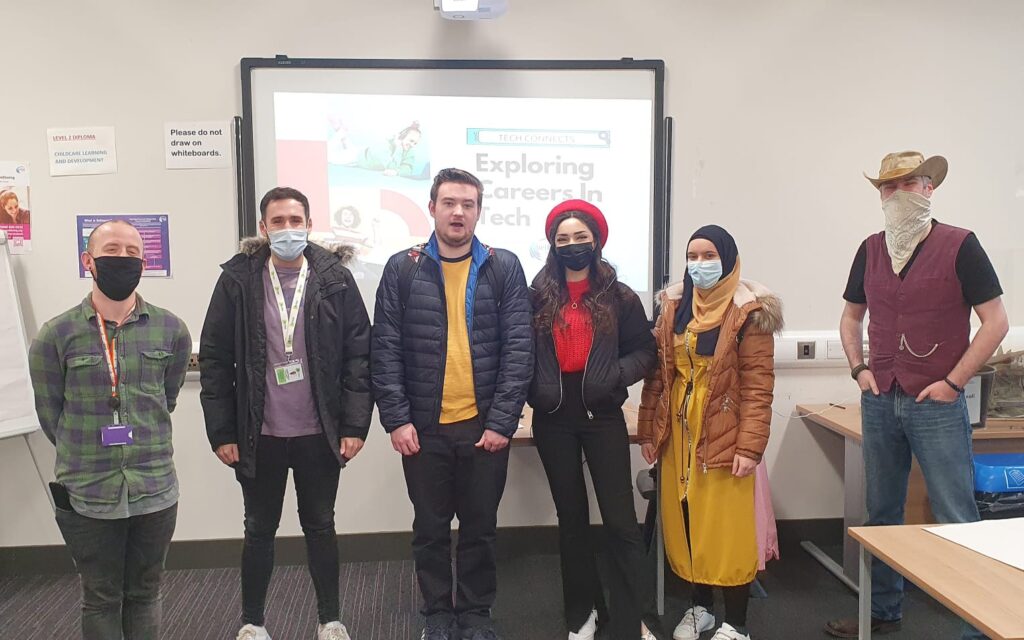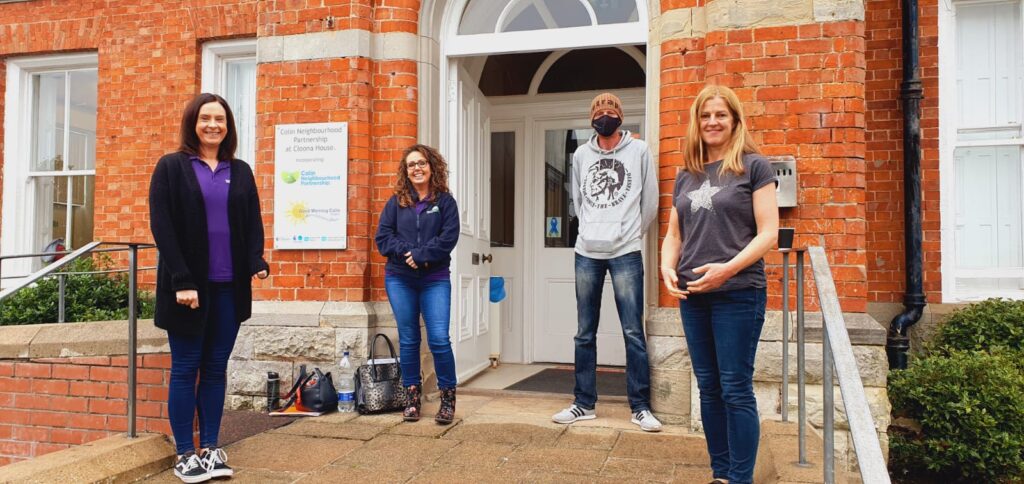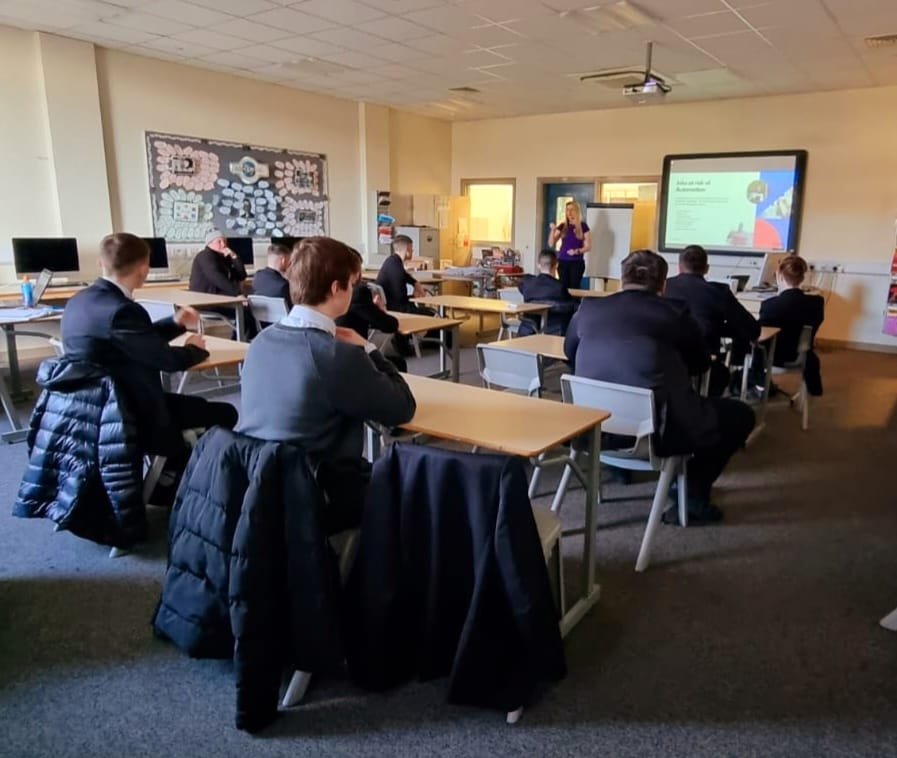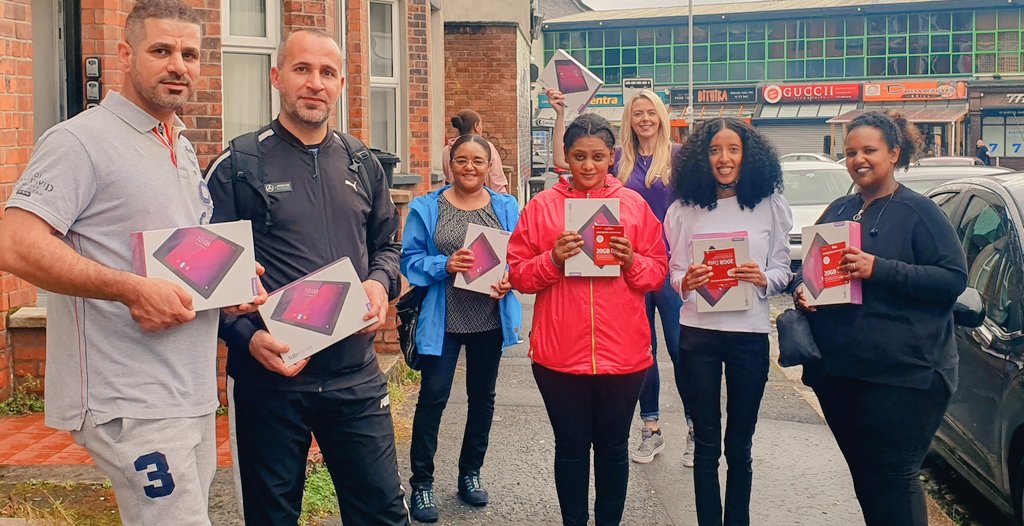Digi Skills is an employability and digital training agency that supports those that have low digital skills or those that are furthest from the job market. As a business, we work within our communities to upskill those that are entering into employment, changing jobs, or simply wanting to upskill themselves to be more connected and educated. Our aim is to reduce the digital divide by giving everyone the chance to learn new digital skills.
What we do:
We have been extremely successful at delivering digital training workshops and 1-1 support to over 5000 people on over 100 different topics over the last 7 years. These workshops include:
- How To Get Online
- Online Safety & Scam Awareness
- Careers – Creating a Digital CV and Cover Letter
- Video Interviews and Video Calling
- How To Work From Home
- How To Build A Business
- Staying Organised With Emails And Calendars
- Improving Your Health Online
- Managing Your Money
- Using Public Services
Over the last two years, we have seen the demand for our services sore as Covid19 changed the digital landscape forever. This included how people apply for jobs, how and where we work, and how we can safely stay connected to our friends, family, and work colleagues.
Why we needed to increase our digital capability:
As an organisation we needed to be able to strategically engage with past and future attendees and offer further support & digital skills training. We knew that our learners wanted more support and we wanted to be able to help them, and follow their journey. We also wanted our organisation to be more sustainable, increase our organisation’s digital capability and improve our own use of technology. Good Things foundation helped make this a reality.
With the support from the BT Digital Capability fund and Good Things Foundation we were able to develop, test and deliver an idea to make our organisation become more effective and efficient for our learners and staff. This included:
- Creating a centralised platform and introducing a new CRM (Customer Relationship Management) system
- Create a social media strategy for retargeting previous learners with updated information and new courses available for further learning
- Execute a marketing strategy with selected user groups. Educate and inform our community on further signposting and courses available
This project helped us re-engage previous learners and support our staff to understand the previous learner’s goals and future ambitions. This also helped reduce administration time and improve the customer/learner journey. We were also able to effectively recruit new learners via social media advertising and email campaigns by strategically creating tailored messages that would spark the interest of each user group and demographic. We were also able to inform our volunteers and digital champions of events and workshops that were available in their area so they could inform those that may not be connected online YET!
What we achieved together:
We achieved amazing results with some learners getting new jobs, older adults getting online for the first time, some even learning how to use a tablet and send an email for the first time. School kids getting an injection of inspiration to open their eyes to a world of possibility and other diverse groups learning how to video call their families that live all over the world. Reducing the administration time and working smarter as an organisation allowed us to expand and win new business and also have a bigger impact within the community.
What’s Next:
Moving forward we hope to build on the great work that Good Things Foundation has helped us create and expand our digital skills resources, support, and digital capability. If anyone Northern Ireland area needs support with digital skills training as an individual, community group, or business please feel free to get in touch.
